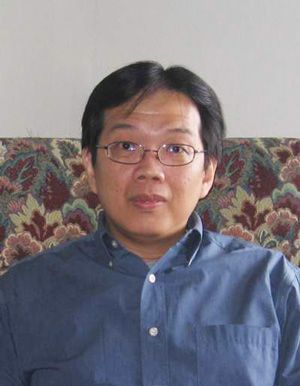
Designation:Assistant Professor, Nanyang Technological University
ONG Soon Keong is Assistant Professor in the Division of Chinese at Nanyang Technological University. He received his PhD in Modern Chinese History from Cornell University under the tutelage of Sherman Cochran. Ong specializes in overseas Chinese history, with special attention paid to the varied and sometimes troubled relationships between the émigré and the land they left behind. His research focuses on the migration hub Xiamen, returned overseas Chinese, and the implications of the neologism huaqiao.
Topic: At Home in the Margins: Revisiting Overseas Chinese-China Relationship, 1900-1937
Abstract: The popularization of huaqiao, or Chinese sojourner, as the catchall label for the overseas Chinese at the turn of the twentieth century is generally accepted as a major turning point in the relationship between the Chinese state and its emigrants. But what has attracted less attention is the fact that the upgrading of Chinese emigrants from “rejects” to “huaqiao” also crystallized our perceptions and representations of the China-overseas Chinese relationship. On the one hand, scholars and laymen alike celebrate China’s official recognition and concern for its dispersed sons; on the other hand, they hail the contributions huaqiaomade to the political and economic advancement of the country as evidence of their everlasting tie to their place of origin. While such portrayals are largely true, I would argue that they over-emphasized the primordial connections and natural affinity between the homeland and the émigré, and thus assumed that the new relationship was necessarily an amicable one welcomed by both parties. This paper seeks to complicate this romanticized image by first arguing that the Chinese political activists’ espousal of the diasporas, rather than a showing of their newfound amity towards their overseas brethrens, stemmed largely from their pragmatic goal of soliciting huaqiao contributions to China’s state-building projects. The rest of the paper will explore the political, economic, and psychological burdens on the overseas Chinese after they were redefined as huaqiao, and their varied response to the Chinese state’s courtship, including suspicion, disregard, and rejection.